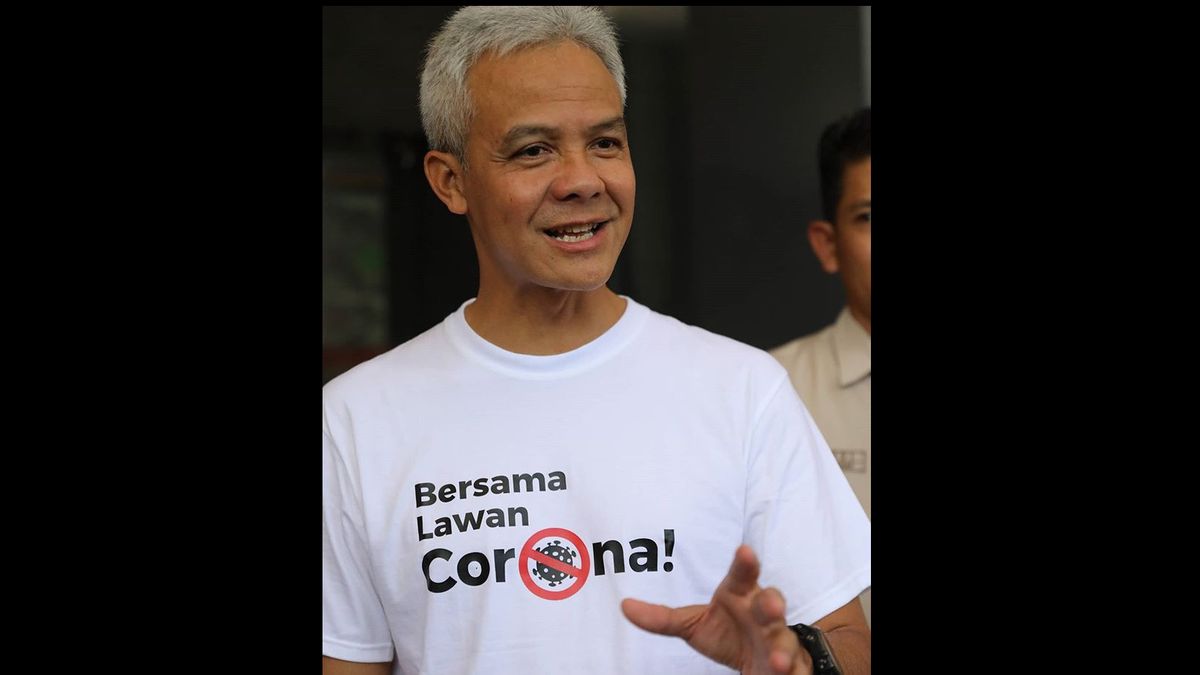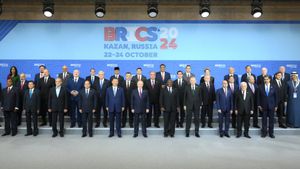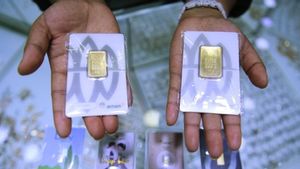JAKARTA - The Indonesian Political Indicator Survey Institute explained that the political electability of a number of figures increased during the COVID-19 pandemic. This has the potential to gain support in the 2024 elections.
Based on the results of a survey regarding public opinion on COVID-19 from the health and economic dimensions, the executive director of Political Indicators, Burhanuddin Muhtadi, stated that the highest electability was achieved by the Governor of Central Java, Ganjar Pranowo.
In July, 16.2 percent of respondents chose Ganjar as their candidate during the presidential election. This figure increased from May's 11.8 percent.
Then, the second position was occupied by DKI Jakarta Governor Anies Baswedan. In July, 15 percent of respondents voted for Anies during the presidential election. This figure increased from May by 10.4 percent.
"If the Presidential Election was held during the survey, Ganjar Pranowo and Anies Baswedan appear evenly matched. Support for both of them appears to have increased in the last two months," Burhanuddin said in a webinar, Tuesday, July 21.
After Ganjar and Anies, the highest electability figure during the pandemic was Prabowo Subianto. In July, 13.5 percent of respondents voted for Prabowo during the presidential election. However, this figure is down from May's 14.1 percent.
Then, there is the name Sandiaga Salahuddin Uno, with 9.2 percent support in July. This figure increased from May by 6 percent.
Then, Ridwan Kamil, who had 8.6 percent support in July. This figure increased from the month of May by 7.7 percent. Agus Hari Murti Yudhoyono also received support of 6.8 percent, up from 4.8 percent in May.
Meanwhile, the rest were Khofifah Indar Parawansa, Puan Maharani, Gatot Nurmantyo, Tito Karnavian, Erick Thohir, Mahfud MD, Airlangga Hartanto, Budi Gunawan, and Muhaimin Iskandar, with each support not more than 5 percent.
On average, support to the leaders increased from May to July. "In general, many have experienced an increase, then it is the respondents who did not answer, from 32.3 percent to 19.9 percent," said Burhanuddin.
For information, this survey was conducted in the period from 13 to 16 July 2020. The survey was conducted on 1,200 people using telephone contacts to respondents who had been asked to survey the previous period.
This survey has a margin of error (tolerance of error) of 2.9 percent and has a confidence level of 95 percent. Samples come from all provinces that are proportionally distributed.
The English, Chinese, Japanese, Arabic, and French versions are automatically generated by the AI. So there may still be inaccuracies in translating, please always see Indonesian as our main language. (system supported by DigitalSiber.id)













